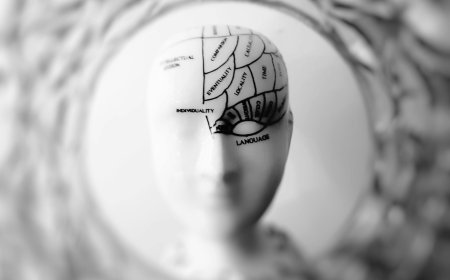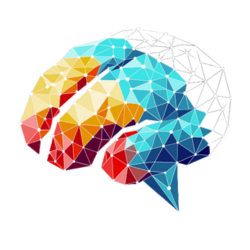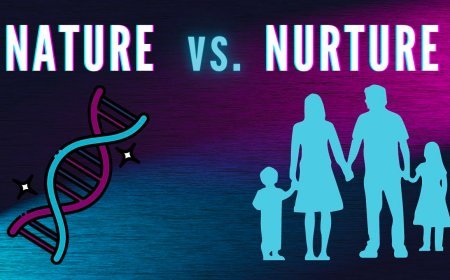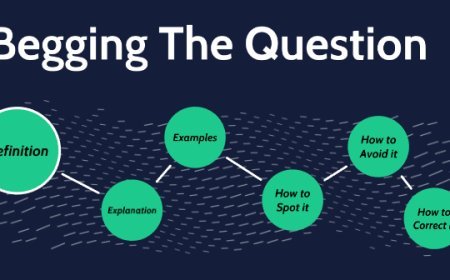Fluid Intelligence (Gf)
In the intricate architecture of the human mind, Fluid Intelligence (Gf) stands as the engine of novel problem-solving and abstract reasoning. Coined by psychologists Raymond Cattell and John Horn, Gf represents the innate ability to think logically and identify patterns in new situations, independent of acquired knowledge.
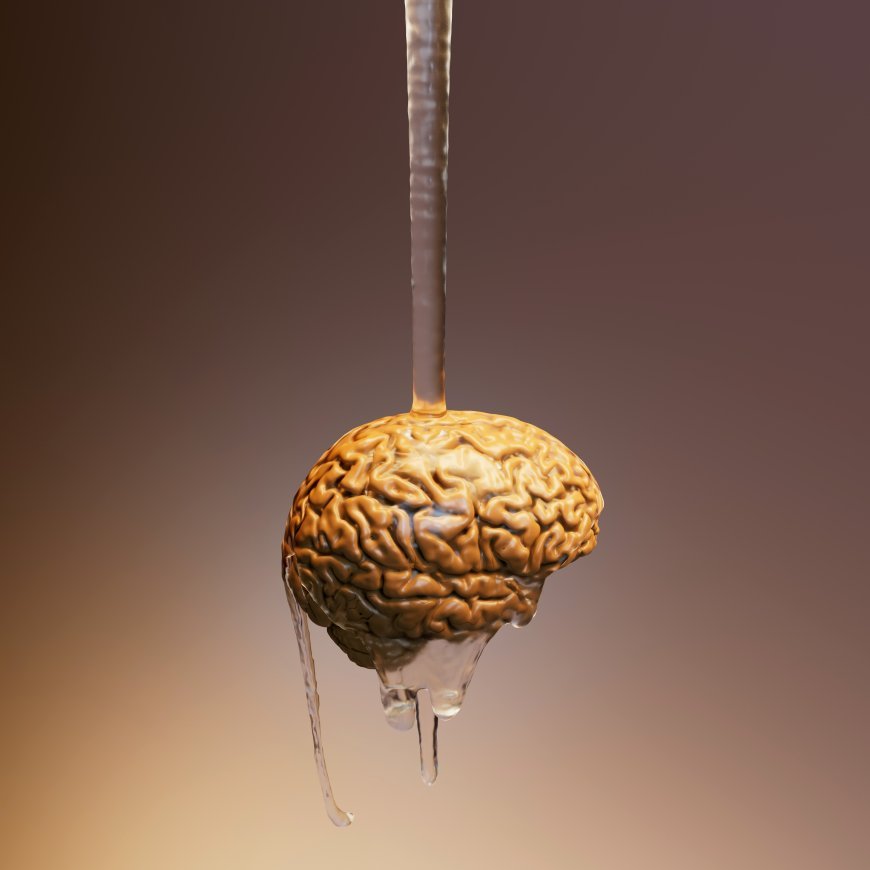
The raw power of thought is the capacity to analyze novel problems, identify underlying relationships, and apply logical operations without relying on pre-existing information or learned skills. Often described as "street smarts" or the brain's processing speed, it's the raw mental horsepower that allows us to adapt to unforeseen challenges, regardless of the specific wordings or symbols involved.
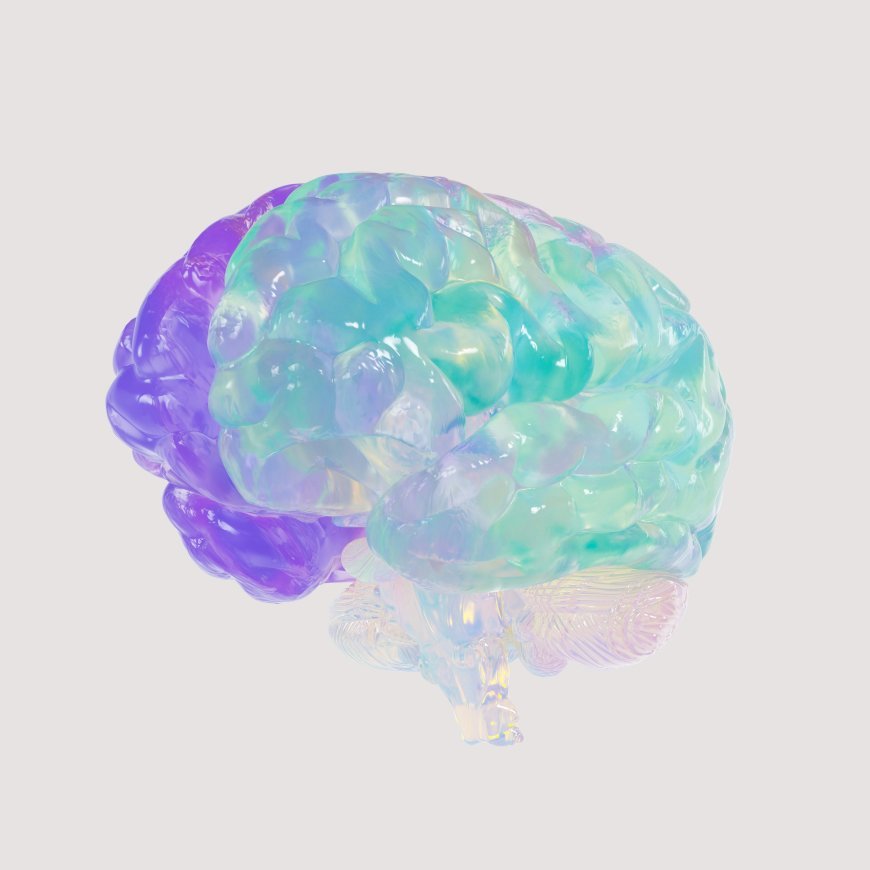
Defining the Unburdened Mind
Fluid intelligence is fundamentally about how we think, rather than what we know. It's about the dexterity of our mental processes, the agility with which we can manipulate information and extract meaning from ambiguity. Imagine encountering a completely new type of puzzle, a foreign language with unfamiliar wordings, or a complex logical dilemma for which no prior experience offers a direct solution. Your ability to solve these challenges, to discern the rules or patterns on the fly, is a direct measure of your fluid intelligence.
This intelligence is considered relatively culture-free and knowledge-independent. While a strong vocabulary (crystallized intelligence) might help you understand the words of a puzzle, your fluid intelligence is what enables you to grasp its underlying logical structure and derive the solution. It's the mental quickness that allows you to see connections, formulate hypotheses, and perform deductions, even when the input words or symbols are entirely novel.
Individuals with strong Fluid Intelligence often exhibit several key characteristics:
- Exceptional Abstract Reasoning: They excel at tasks that require understanding complex relationships and non-verbal patterns, such as matrix reasoning, analogies, or sequence completion. They can identify the rule governing a series of abstract shapes or numbers without needing a single descriptive word.
- Rapid Problem-Solving: They can quickly grasp the essence of a new problem and devise efficient strategies for its resolution. This is evident in how quickly they might learn a new board game or understand the intricate wording of new software instructions.
- Strong Working Memory: They can hold and manipulate multiple pieces of information in their mind simultaneously, which is crucial for complex logical deductions. They can remember the variables, hypotheses, and partial solutions needed to connect a series of abstract words or concepts.
- Adaptability to Novelty: They thrive in new and unpredictable situations, easily adapting their thinking to unfamiliar contexts or unexpected challenges. They aren't rattled when the problem's wording is ambiguous or the solution is not immediately apparent.
- Insightful Thinking: They often demonstrate sudden "aha!" moments, seeing breakthrough solutions or connections that others miss.
- Efficient Learning: They tend to pick up new skills and concepts quickly, as their processing power allows them to absorb and integrate new information with ease. They don't need excessive repetition of words or concepts to learn.
- Flexible Thinking: They can readily shift their mental strategies when an initial approach proves ineffective.

The Trajectory and Importance of Fluid Intelligence
Fluid intelligence is believed to be heavily influenced by biological factors, including the integrity and efficiency of neural networks in the brain. It tends to follow a specific developmental trajectory: it increases rapidly through childhood and adolescence, peaks in early adulthood (typically around the mid-20s), and then gradually declines with age. This decline is a normal part of aging, though the rate varies significantly among individuals and can be influenced by lifestyle factors.
Despite its potential for age-related decline, Gf remains incredibly important throughout life:
- Innovation: It underpins our ability to innovate, create new technologies, and discover scientific breakthroughs. It allows us to ask "what if?" and build conceptual frameworks for the unprecedented, often before we have the precise wordings to describe them.
- Learning Capacity: It is crucial for learning entirely new subjects, skills, or adapting to rapidly changing environments, such as mastering a new programming language or navigating a novel cultural context.
- Problem-Solving in Dynamic Fields: In professions that constantly evolve (e.g., technology, scientific research, emergency response), high fluid intelligence is critical for staying current and effective.
- Everyday Adaptability: From figuring out how to use a new appliance without reading the manual to quickly understanding the subtle wording of a new policy at work, fluid intelligence helps us navigate the ceaseless stream of novelties in daily life.
While a decline in fluid intelligence with age might seem daunting, it's vital to remember that it's only one aspect of overall cognitive ability. It works in tandem with crystallized intelligence, which often grows throughout life, allowing individuals to leverage their accumulated knowledge and wisdom to compensate for any reductions in processing speed.11 Nurturing fluid intelligence through activities that challenge abstract reasoning, such as puzzles, strategic games, and continuous learning in new domains, can help maintain its vitality.12 It is the core mental agility that enables us to truly grapple with the unknown, giving us the power to understand patterns and solve problems even when we lack the pre-existing words for their solution.
What's Your Reaction?
 Like
0
Like
0
 Dislike
0
Dislike
0
 Love
0
Love
0
 Funny
0
Funny
0
 Angry
0
Angry
0
 Sad
0
Sad
0
 Wow
0
Wow
0




